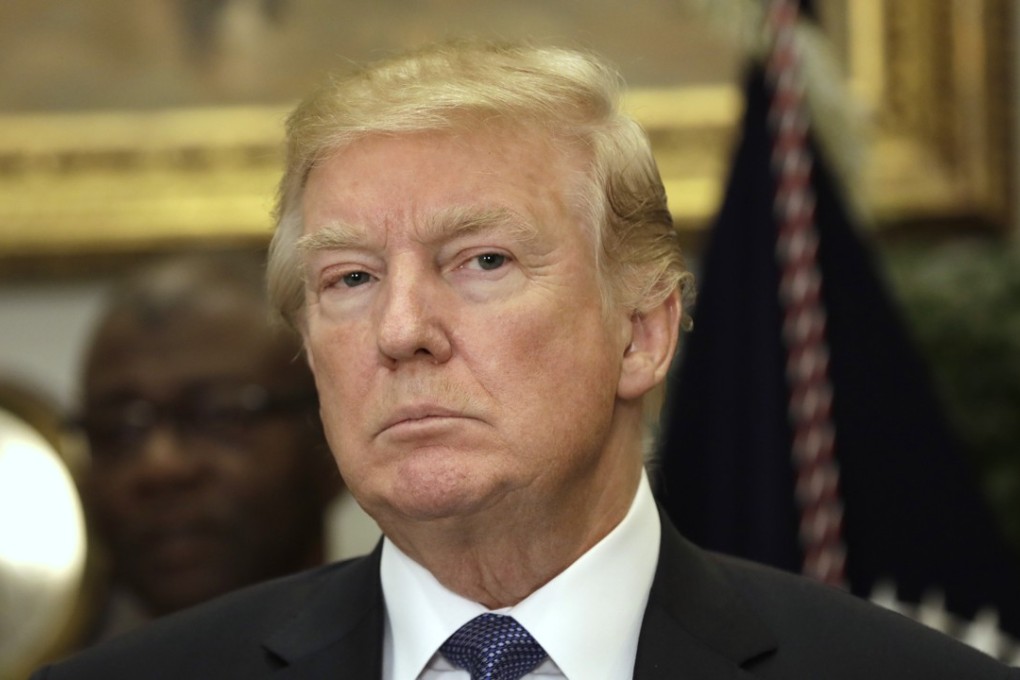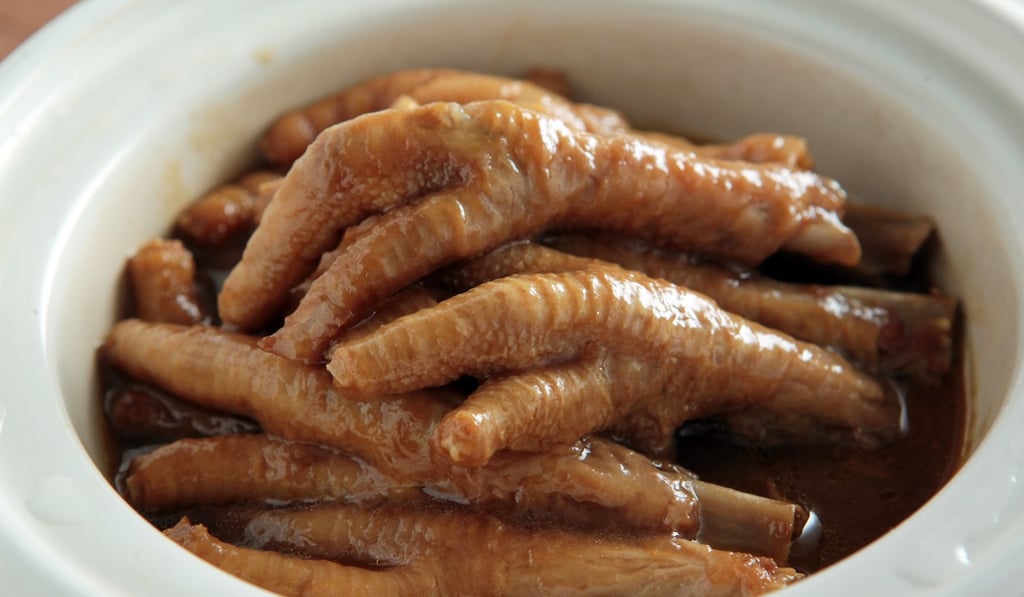Quick Take | Someone tell Trump the trade war is over. China won
Beijing knows its trade practices are unfair and tilted towards protecting its domestic industries. The surprise is only that it has been able to get away with it for so long.

Nine years ago it was car tyres followed by chicken feet. Now it’s washing machines and solar panels followed by sorghum. Aluminium and steel may soon be tossed in the mix.
The familiar trade skirmishes between the United States and China usually end with a whimper. But American presidents have traditionally been like the proverbial cartoon character who gets dropped off a cliff, run over with a steam roller and blown up with dynamite; he gets up, arches an angry eyebrow and declares: “Next time, I’m going to get really mad!”

WATCH: What Trump’s trade war with China would look like
For all the huffing and puffing, it’s good first to remember that we’ve actually been here before.
